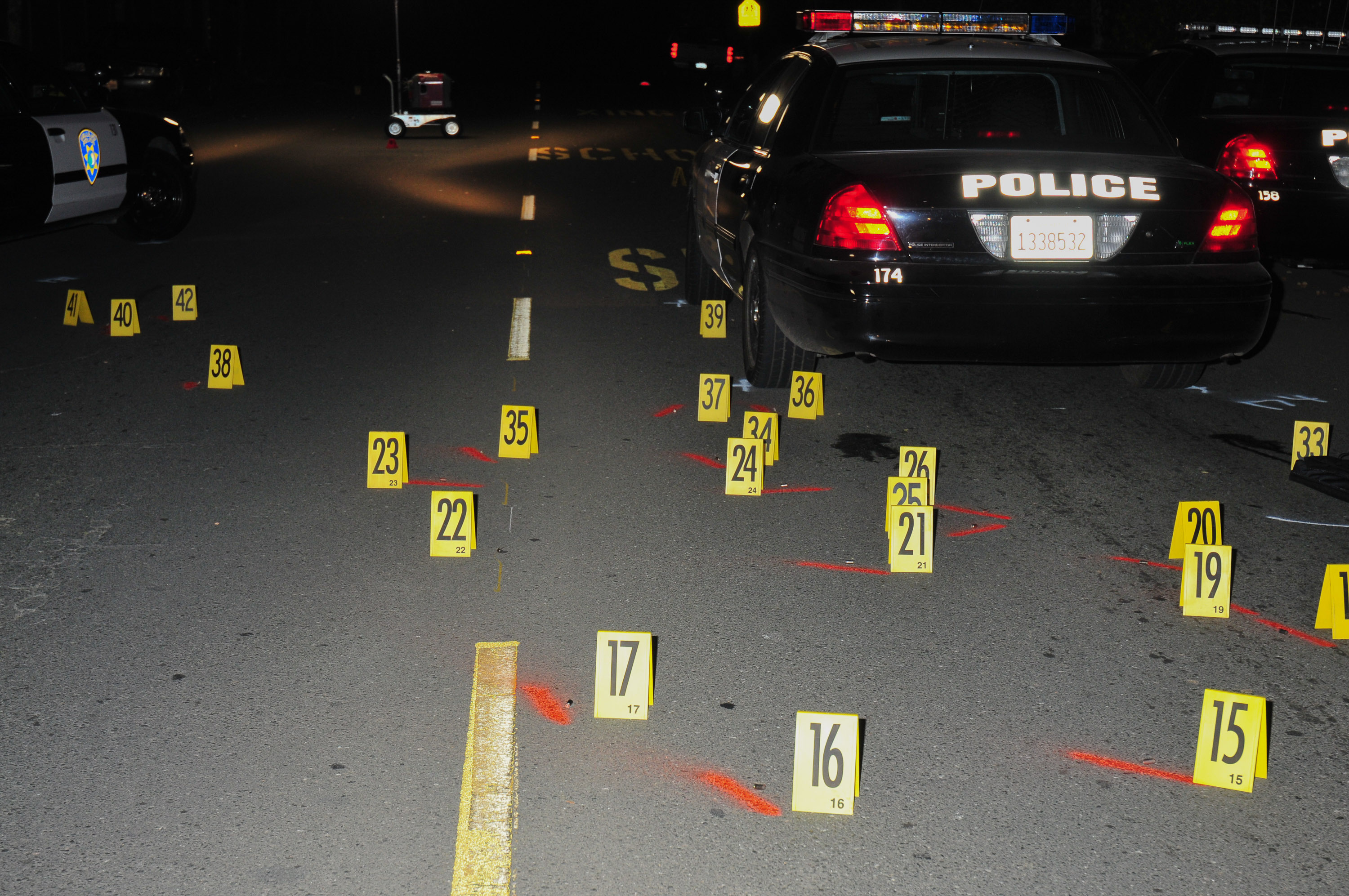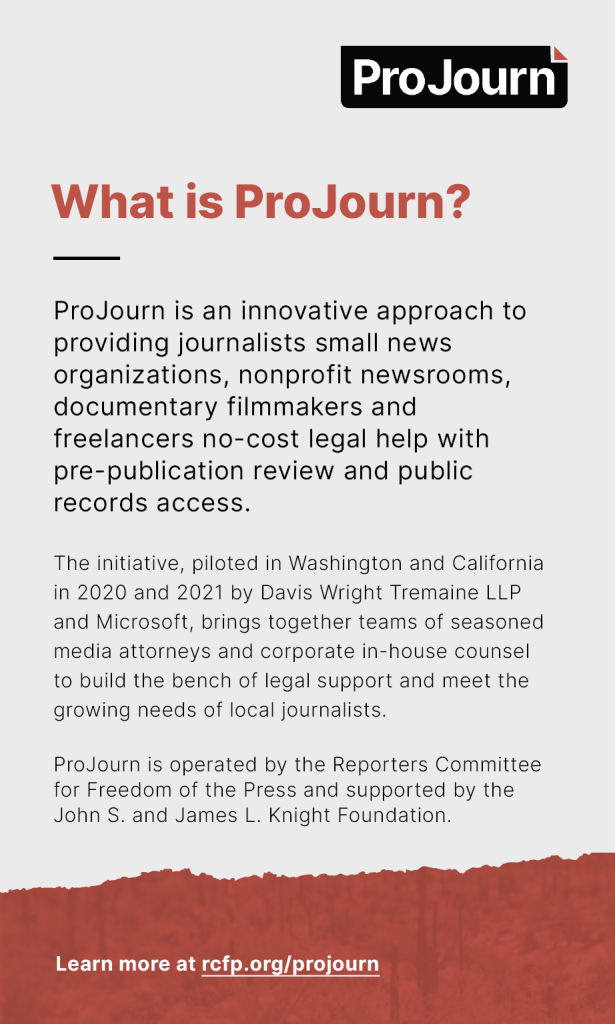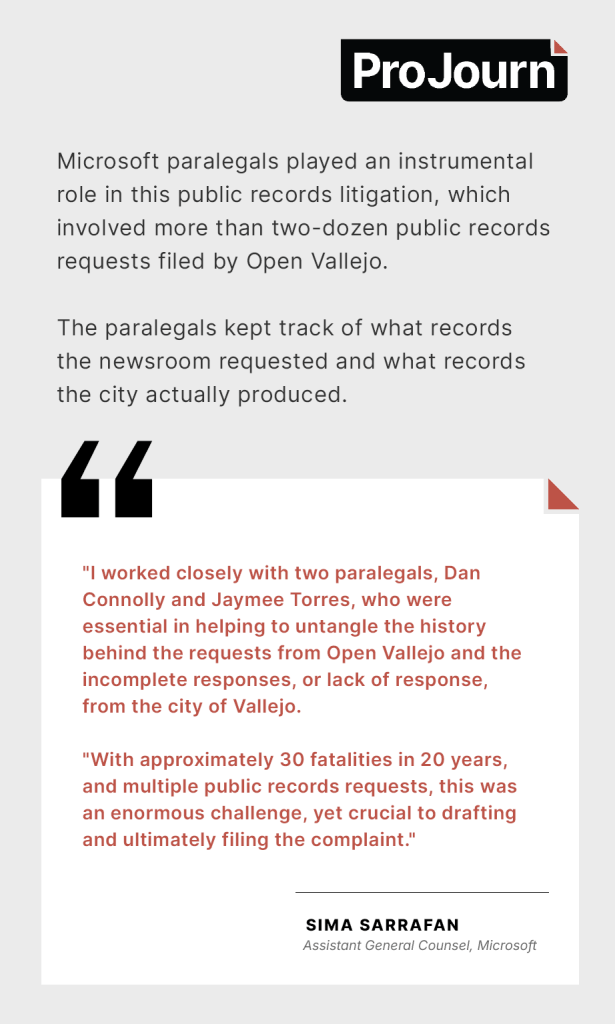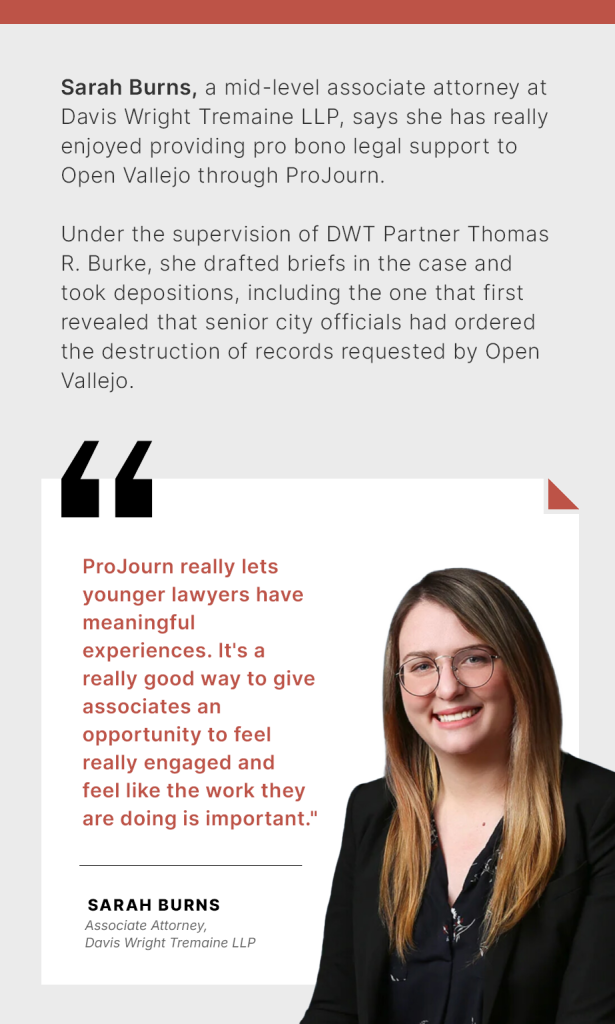Open Vallejo investigation reveals senior city officials intentionally destroyed police shooting records

It’s not unusual for government agencies to reject requests for public records. In fact, it happens all the time. What’s almost unheard of, however, is for government officials to delete or destroy data, documents, or other information after members of the press or public request them.
But that’s exactly what happened in Vallejo, California.
An investigation by Open Vallejo recently revealed that senior officials for the northern California city intentionally destroyed records related to police shootings involving the Vallejo Police Department. The purge happened roughly a year-and-a-half after the nonprofit newsroom had requested years of police use-of-force records under a new California transparency law.
“The destruction encompassed hundreds of pieces of physical and audiovisual evidence from six police shootings that occurred in 2012 and 2013, two of the department’s bloodiest years in decades,” Open Vallejo’s Geoffrey King and Laurence Du Sault reported. “The purged items include firearm evidence, interviews with witnesses and shooting officers, clothing from the victims, fingerprints, lab photographs, and detectives’ case files.”
King, Open Vallejo’s executive editor, says the investigation could not have happened without the free legal support his newsroom received through ProJourn, a partnership between the Reporters Committee for Freedom of the Press, Microsoft, Davis Wright Tremaine LLP, and the John S. and James L. Knight Foundation to provide local journalists and newsrooms free legal help with pre-publication review and public records access. That innovative partnership equipped the two-person newsroom with the power of a full-fledged legal team supplied by ProJourn, made up of pro bono volunteer attorneys and paralegals from Davis Wright Tremaine and Microsoft — all at no cost to the nonprofit.
Without that legal support, King says, Open Vallejo likely never would have learned that so many key pieces of evidence were forever lost because city officials ordered their destruction. And had it not been for the public-service reporting that resulted from Open Vallejo’s legal battle, local residents of the city of Vallejo likely never would have known the lengths to which senior officials went to keep them in the dark about police violence in their community.
“ProJourn has been absolutely transformative to our work,” said King, who was represented in this case by pro bono DWT Partner Thomas R. Burke, DWT Associate Sarah Burns, and Microsoft Assistant General Counsel Sima Sarrafan. “It’s important to have powerful allies in the fight for truth.”
‘The whole room kind of went quiet’
For King, the fight for truth began in 2019. Troubled by the Vallejo Police Department’s history of police violence — it has been called “one of America’s deadliest police departments” — and the city’s resistance to transparency, the Vallejo native began requesting police records subject to disclosure under a new California law, Senate Bill 1421. That law, which went into effect in January 2019, requires agencies to disclose new categories of police misconduct and use-of-force records through the California Public Records Act.
City officials produced some documentary records in response to King’s requests. But they refused to turn over audio and video recordings unless Open Vallejo agreed to pay more than $43,000 to have them redacted. It wasn’t until after a May 2020 California Supreme Court ruling held that such fees were illegal that the city started turning over some audio and video recordings.
But the production of records was happening slowly and haphazardly. It was also happening as the Vallejo Police Department was facing scrutiny from the California Department of Justice, which reached an agreement with the city of Vallejo in June 2020 to review the police department’s policies, practices, and procedures.
The city’s failure to disclose many of the requested records eventually prompted Open Vallejo to sue the city in September 2021, as one of the first clients of ProJourn. In the lawsuit, ProJourn pro bono attorneys alleged that the city was in violation of the California public records law and asked the court to order city officials to promptly provide all records responsive to the newsroom’s requests.

Months after filing the lawsuit, Open Vallejo’s attorneys deposed a city official who was then in charge of handling public records requests. During the deposition, Burns, the associate attorney at Davis Wright Tremaine, asked the official if any records subject to disclosure under the law had been deleted or destroyed.
“She said, ‘Yes,’” Burns recalled. “And the whole room kind of went quiet.”
‘A catastrophic loss’
King, who was in the room for the deposition, says he had been hearing from confidential sources that evidence may have been destroyed. But having it confirmed by a city official during a deposition was shocking and “deeply disappointing.”
“It was a catastrophic loss,” King said. “It was devastating to the kind of reporting that we wanted to do.”
But learning about the destruction of the records made King want to get to the bottom of it. With the support of its attorneys, Open Vallejo filed an amended complaint last September that addressed the purge. A few months later, the Vallejo Sun became the first news outlet to publicly report that the city had “inadvertently” destroyed records related to five police shootings.
As the litigation continued, however, Open Vallejo learned through records produced at another deposition that the destruction in January 2021 was intentional — and that it had been approved by a senior city attorney at the request of a police detective who had served as the lead investigator for five of the six shootings.
The city has claimed in court filings that the purge was unintentional. In an interview, Vallejo’s city attorney told Open Vallejo that official approval for the destruction would have required additional signatures, which were never obtained.
Intentional or not, gone forever were key pieces of evidence that Open Vallejo and state and federal law enforcement officials could have used to investigate the shootings, including surveillance footage, witness interviews, fingerprints, and more. As Open Vallejo reported in its investigation, “Documents indicate that some of the destroyed recordings had captured the victims’ words or actions in the minutes before their deaths.”
Attorneys for Open Vallejo previously asked the judge overseeing the case to consider referring the case for criminal prosecution. While the judge declined to do so at a hearing earlier this month, Burns says that the judge indicated during that hearing that he would find that the city’s destruction of records violated the California Public Records Act. She says he also mentioned his interest in the findings of an investigation into the purge currently being conducted by a consulting firm hired by the city of Vallejo.
Burns says the judge could issue an opinion in the case soon, and he could order the city to produce even more records.
Whether or not a criminal referral ever happens, King is proud that Open Vallejo and its attorneys were able to expose the destruction of the police records so that members of the community know what happened — and so that policymakers and law enforcement officials can take steps to ensure that it never happens again.

“Our sort of unofficial motto and what guides us is the admonition from Ida B. Wells that ‘the way to right wrongs is to turn the light of truth upon them,’” King said. “I can’t make people make good decisions. What we can do is ensure that decisions that are made by public officials that affect the public are made out in the open, and that things come out. So we felt it was very important to tell not only the story of the fact that this [purge] happened, but the fullest story we could about how it happened, the who, what, where, when, and why.”
King says those questions could not have been answered without the help of ProJourn. Even as someone who has a background in First Amendment law, King says he couldn’t imagine having to navigate the complexities of this litigation as Open Vallejo’s editor, reporter, publisher, and legal counsel. He specifically credits Burns, Burke, and Sarrafan for providing his newsroom with first-class legal support.
“They are some of the best attorneys in the world. They are committed true believers, vested, kind, wonderful people who deeply believe in our shared mission,” he said, noting that the attorneys vetted Open Vallejo’s investigation and previous stories for legal risk before publication. “They make our stories better. They make them stronger.”
King added: “Anybody who is working on investigative stories who can access these incredible resources that are provided through [ProJourn] absolutely should. I cannot stress that enough. This has been so important for our small newsroom.”
To learn more about this investigation, read Open Vallejo’s full story.